Indigenous Governance Database
environmental protection
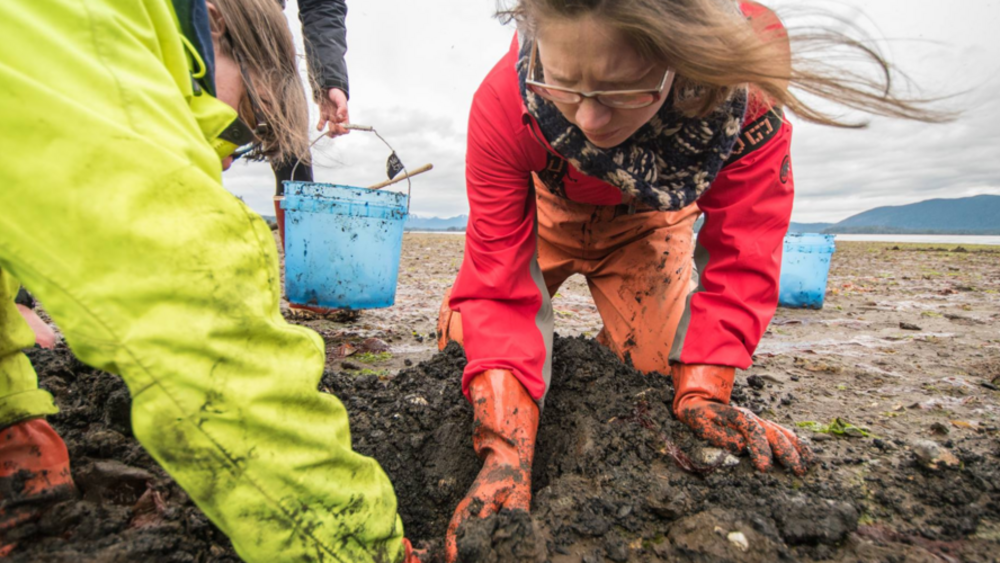
Experts, not Obstacles: Indigenous Conservation Excellence and the Trap of Conservation at any Cost
The twin crises of biodiversity loss and climate change demand action. The question is how best to address these challenges. Driven by a sense of urgency, some call for conservation at any cost, a continuation of the forced separation of Indigenous people from their ancestral lands, waters, and…
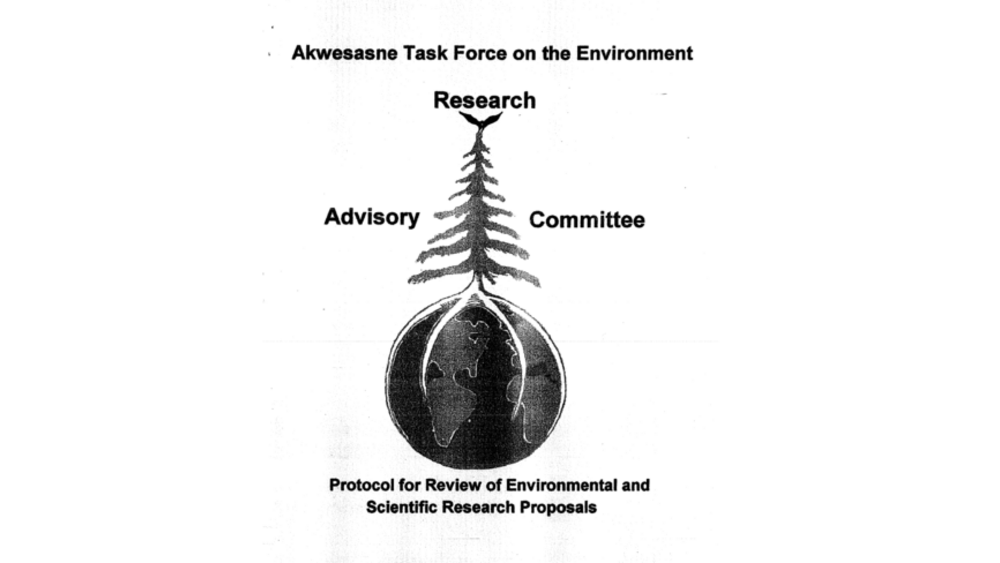
Protocol for Review of Environmental and Scientific Research Proposals
The principles of skennen, kariwiio and kasastensera serve as the foundation and guiding force for the Akwesasne Task Force on the Environment (ATFE). Since the beginning of time, our Creator has told our people to strive for peace and as individuals, communities and Nations, we must constantly…
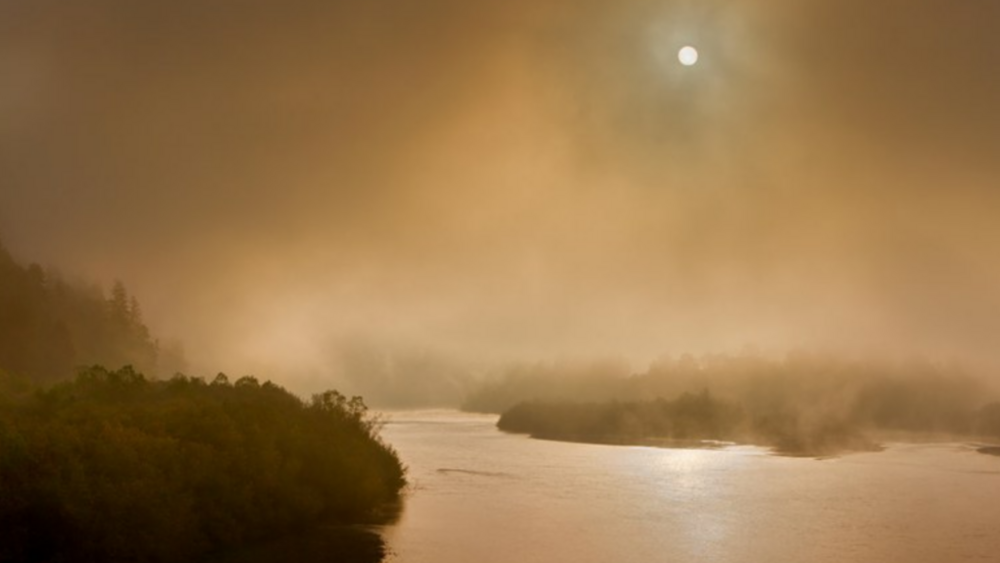
The Klamath River Now Has the Legal Rights of a Person
This summer, the Yurok Tribe declared rights of personhood for the Klamath River — likely the first to do so for a river in North America. A concept previously restricted to humans (and corporations), “rights of personhood” means, most simply, that an individual or entity has rights, and they’re…
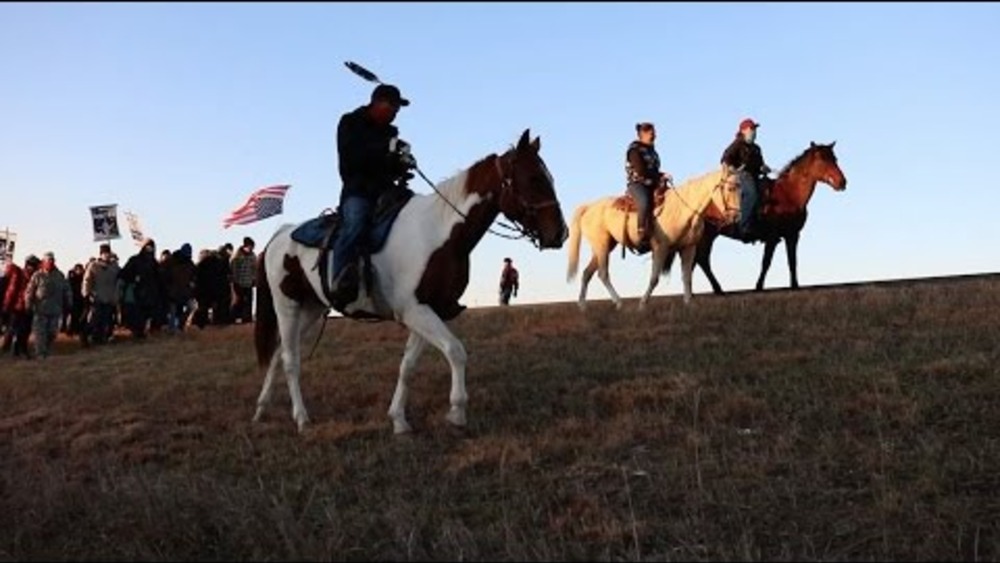
Water is Life video series Part 3 Mni Wiconi
The Native Nations Institute produced a three-part educational video series called, “Water is Life." The video series brings a Native nation building perspective to the conflict over the Dakota Access Pipeline and features interviews with LaDonna Brave Bull Allard, former tribal historic…
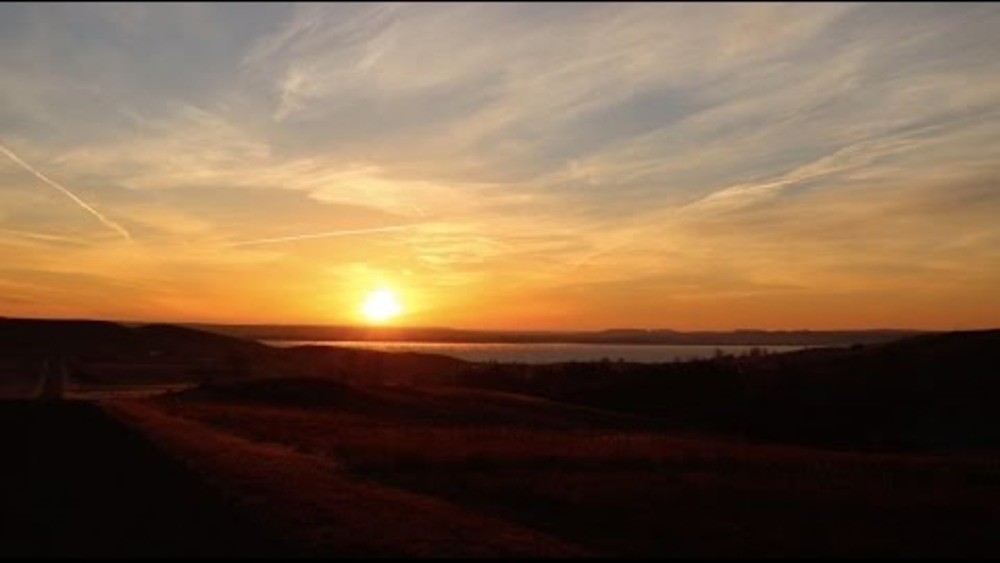
Water is Life video series Part 2 Oceti Sakowin
The Native Nations Institute produced a three-part educational video series called, “Water is Life." The video series brings a Native nation building perspective to the conflict over the Dakota Access Pipeline and features interviews with LaDonna Brave Bull Allard, former tribal historic…
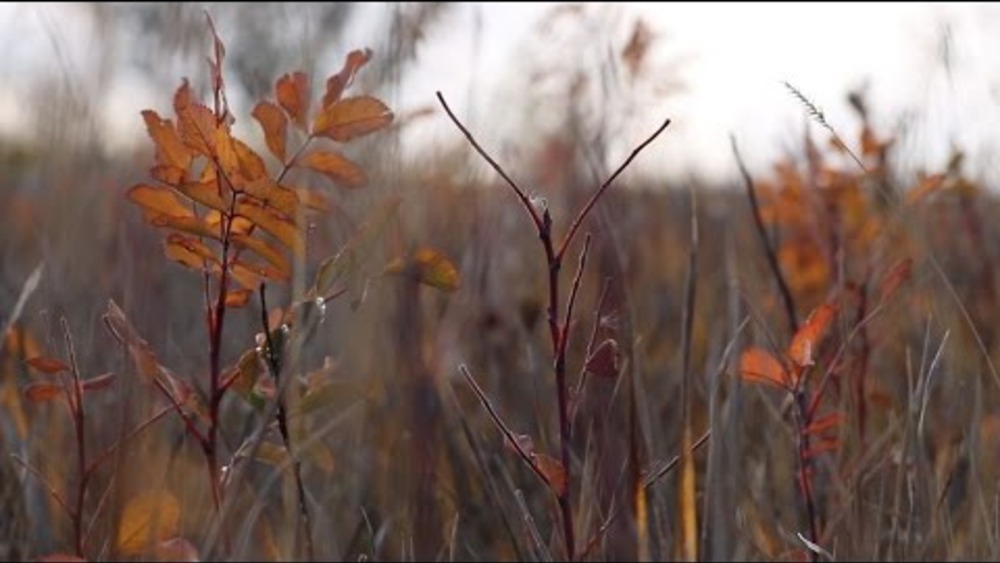
Water is Life video series Part 1 The Lakota and Dakota People
The Native Nations Institute produced a three-part educational video series called, “Water is Life." The video series brings a Native nation building perspective to the conflict over the Dakota Access Pipeline and features interviews with LaDonna Brave Bull Allard, former tribal historic…
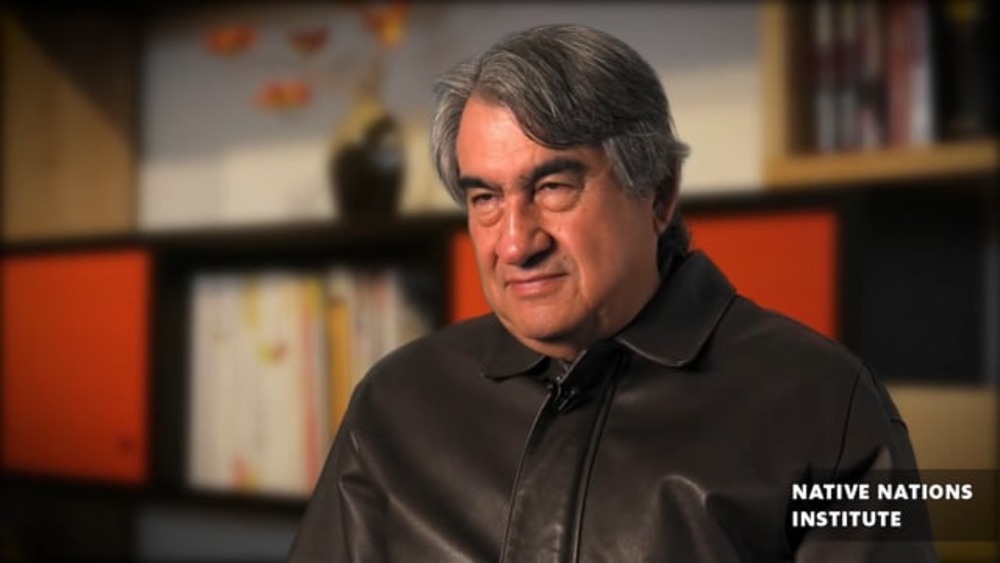
Greg Cajete: Indigenous governance and sustainability
Greg Cajete, Tewa of the Santa Clara Pueblo and a renowned scholar and author on indigenous education serves as the Director of Native American Studies at the University of New Mexico. His works have merged native history, cultural practices, and knowledge into the cross section of education…
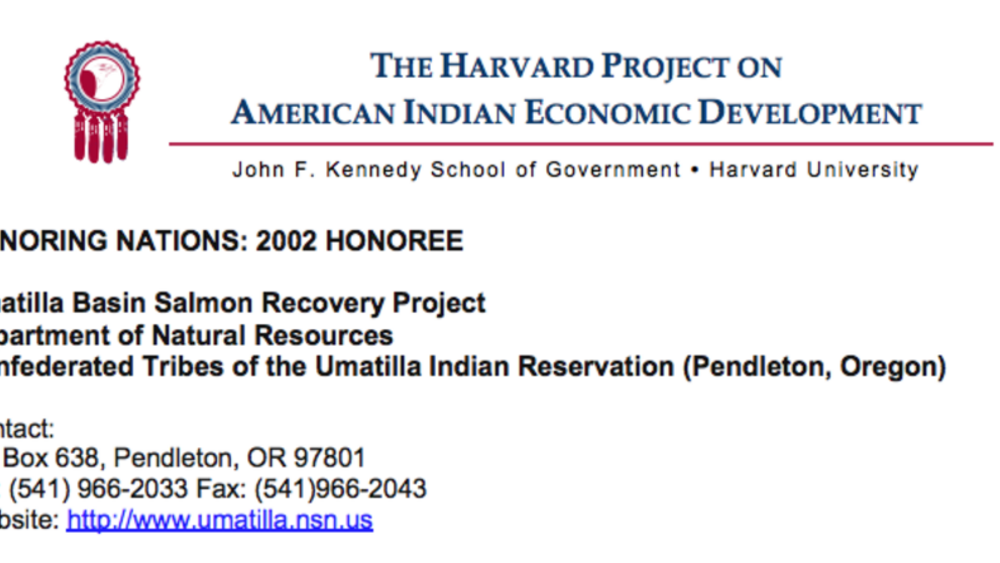
Umatilla Basin Salmon Recovery Project
The Umatilla Basin Salmon Recovery Project has successfully restored salmon to the Umatilla River, where they had been absent for nearly 70 years, while also protecting the local irrigated agriculture economy. Partnering with local irrigators and community leaders, the tribe undertook a…
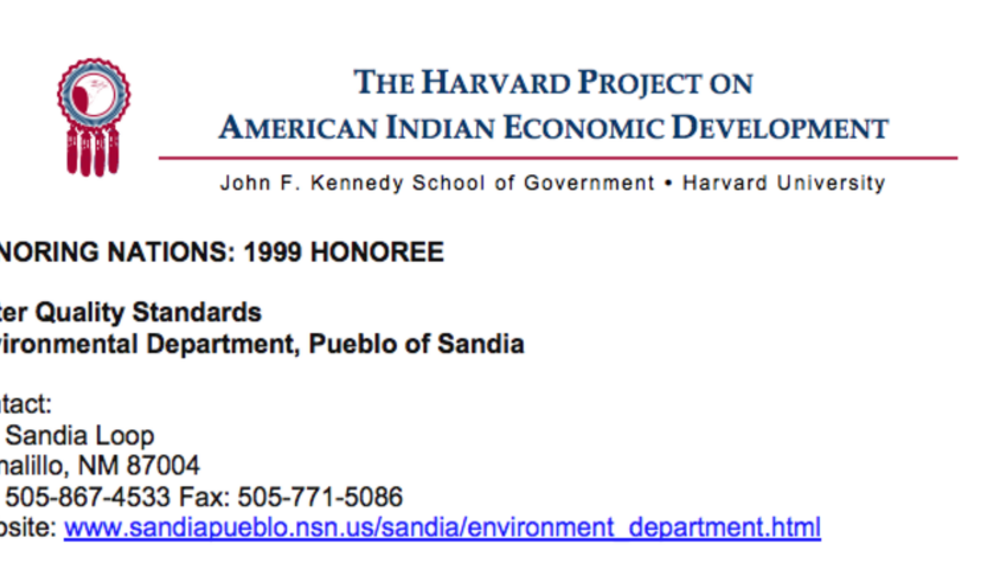
Water Quality Standards (Sandia)
Responding to the severe contamination of the Rio Grande River that threatens human health and ceremonial uses of the water, the Pueblo was awarded "treatment as state" status in 1990. Subsequently, the Pueblo developed and implemented US EPA approved water quality standards that give it control…
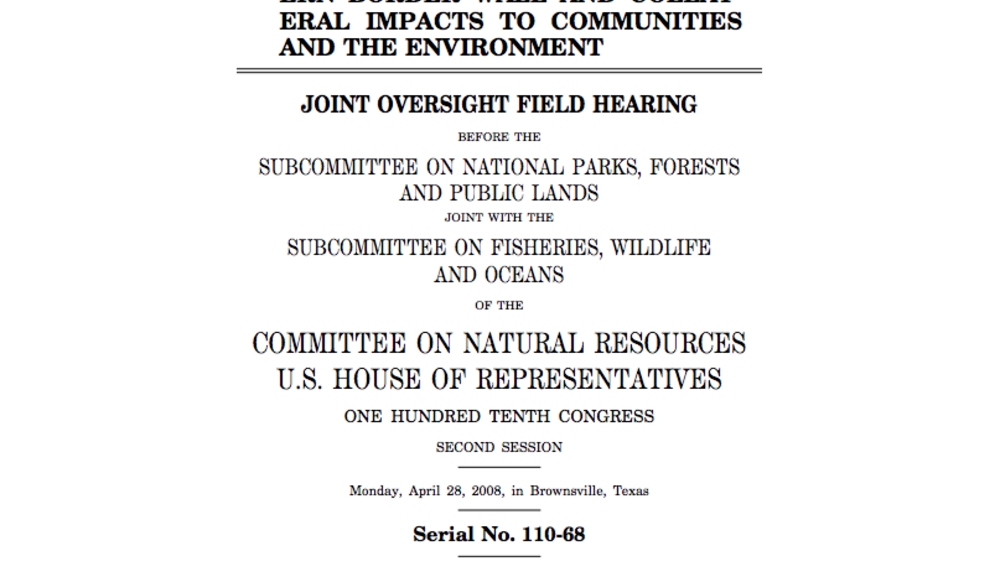
Walls and Waivers: Expedited Construction of the Southern Border Wall and Collateral Impacts to Communities and the Environment
Joint Oversight Field Hearing before the Subcommittee on National Parks, Forests and Public Lands Joint with the Subcommittee on Fisheries, Wildlife and Oceans of the Committee on Natural Resources U.S. House of Representatives.Ned Norris, Jr., chairman of the Tohono O'odham Nation, provided a…
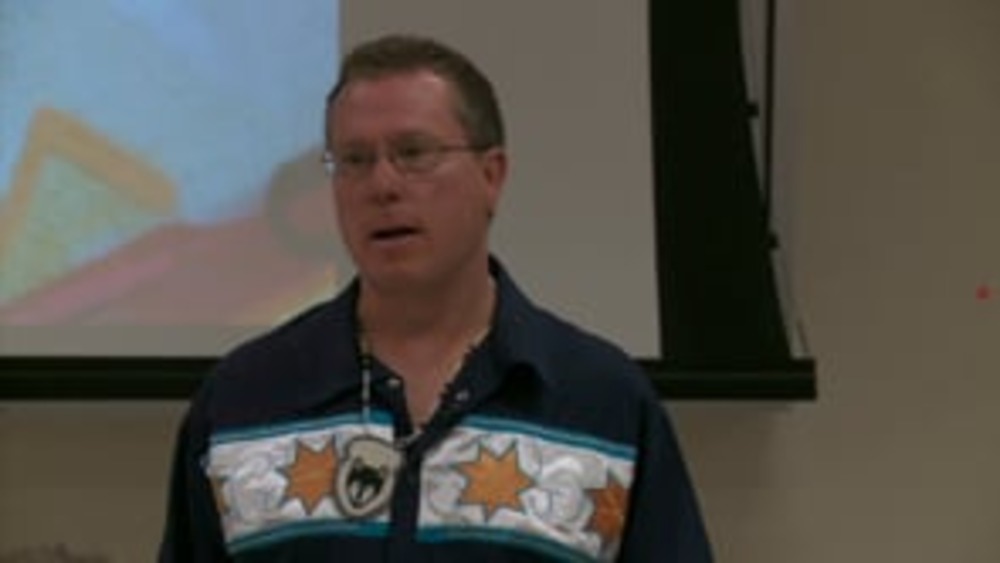
Jeff Corntassel: Sustainable Self-Determination: Re-envisioning Indigenous Governance, Leadership and Resurgence
Scholar Jeff Corntassel (Cherokee) lays out his comprehensive explanation for what sustainable self-determination entails for Indigenous peoples in the 21st century, and provides examples of some of the ways that he and others are engaging in small and large acts of resurgence that contribute to…
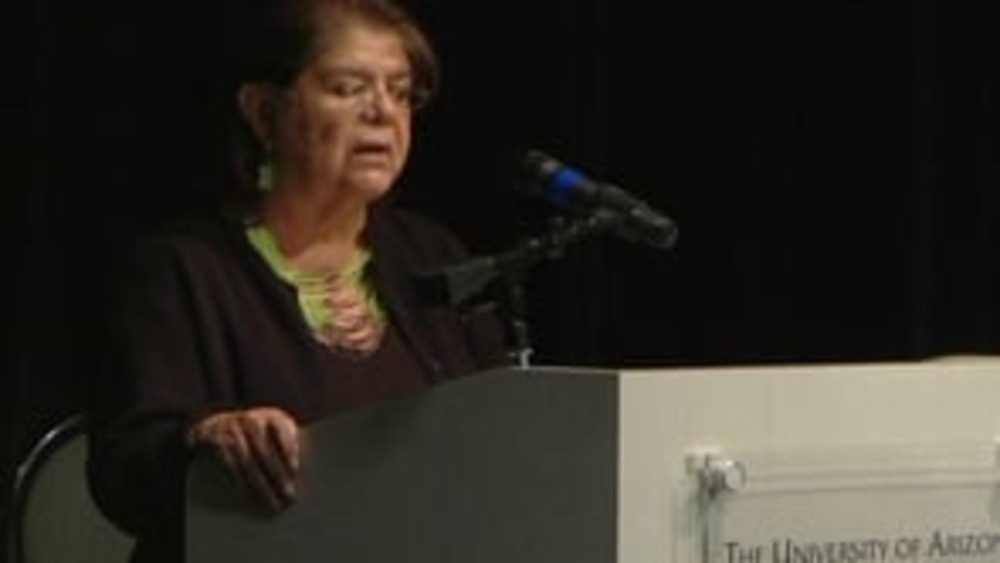
Wilma Mankiller: What it Means to be an Indigenous Person in the 21st Century: A Cherokee Woman's Perspective
Former Principal Chief of the Cherokee Nation Wilma Mankiller discusses the common misperceptions that people have about Indigenous people in the 21st century, and the efforts of Indigenous peoples to maintain their identity, cultures, values, and ways of life.
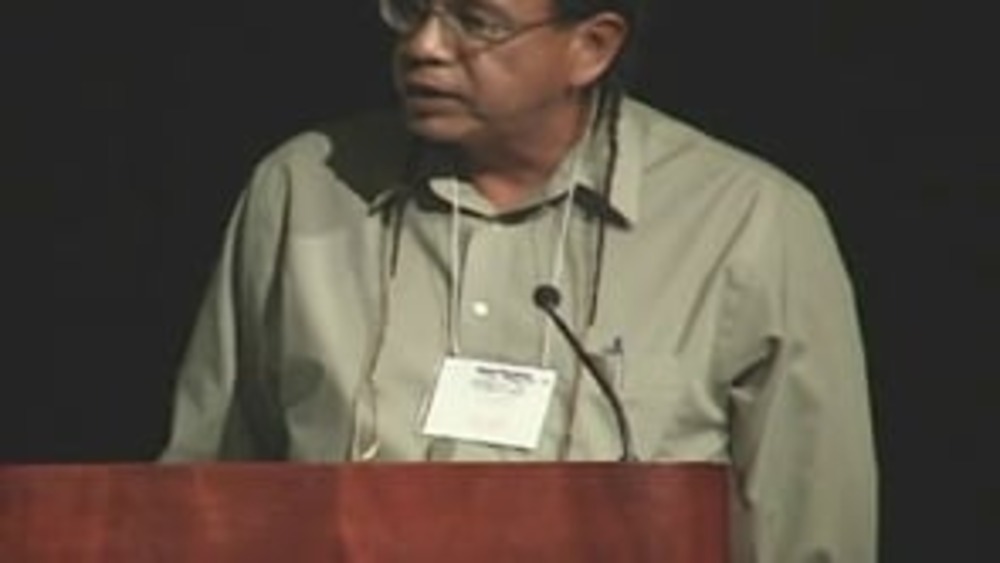
Honoring Nations: Tim Mentz and Loretta Stone: Standing Rock Sioux Tribal Monitors Program
Tim Mentz and Loretta Stone of the Standing Rock Sioux Tribal Monitors Program present an overview of the program's work to the Honoring Nations Board of Governors in conjunction with the 2005 Honoring Nations Awards.
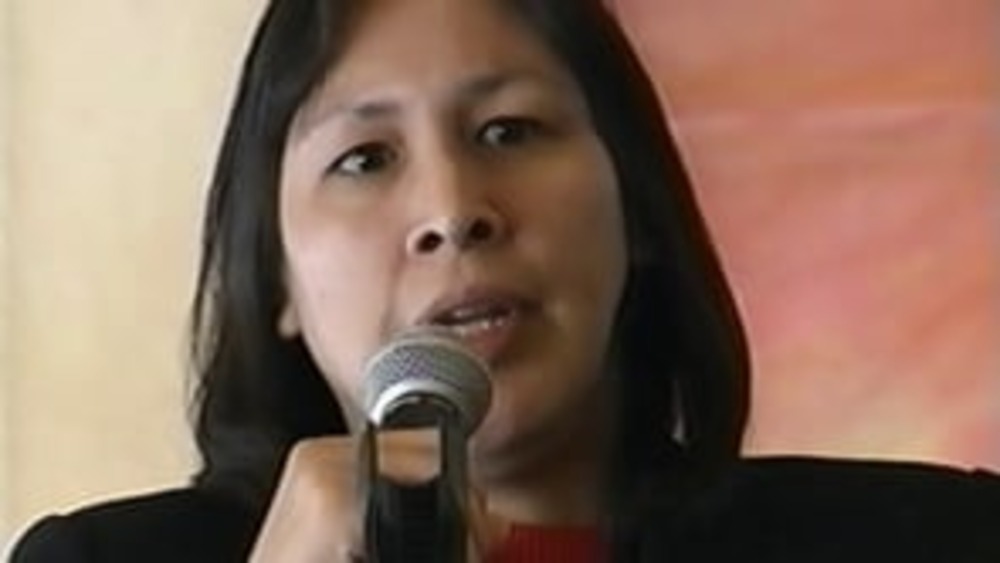
Honoring Nations: Theresa Clark: Yukaana Development Corporation
Theresa Clark of the Yukaana Development Corporation (YDC) in Alaska describes the environmental catastrophe that prompted YDC's establishment and how YDC is working to build the capacity of its own people to do the important work that YDC does.
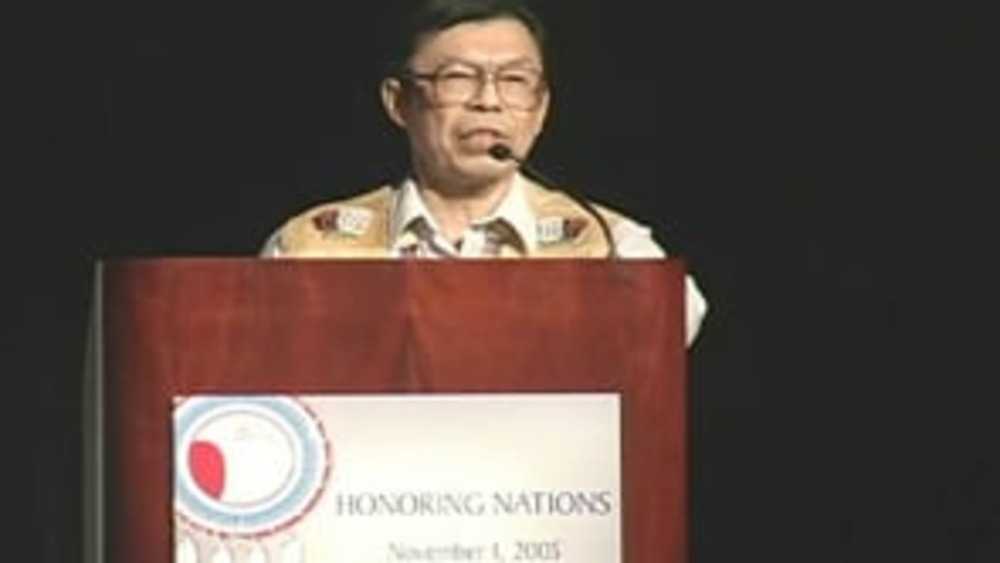
Honoring Nations: Peter Captain, Sr., James Landlord, Pat Sweetsir, and Clarence Alexander: The Yukon River Inter-Tribal Watershed Council
Representatives of the Yukon River Inter-Tribal Watershed Council present an overview of the Council's work to the Honoring Nations Board of Governors in conjunction with the 2005 Honoring Nations Awards.
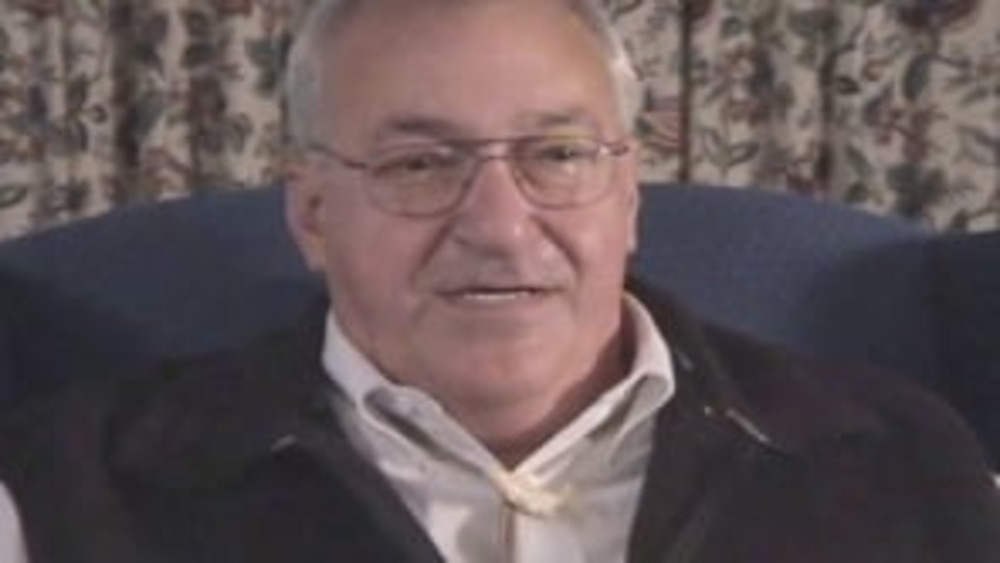
Great Tribal Leaders of Modern Times: Roy Sampsel
Produced by the Institute for Tribal Government at Portland State University in 2004, the landmark “Great Tribal Leaders of Modern Times” interview series presents the oral histories of contemporary leaders who have played instrumental roles in Native nations' struggles for sovereignty, self-…
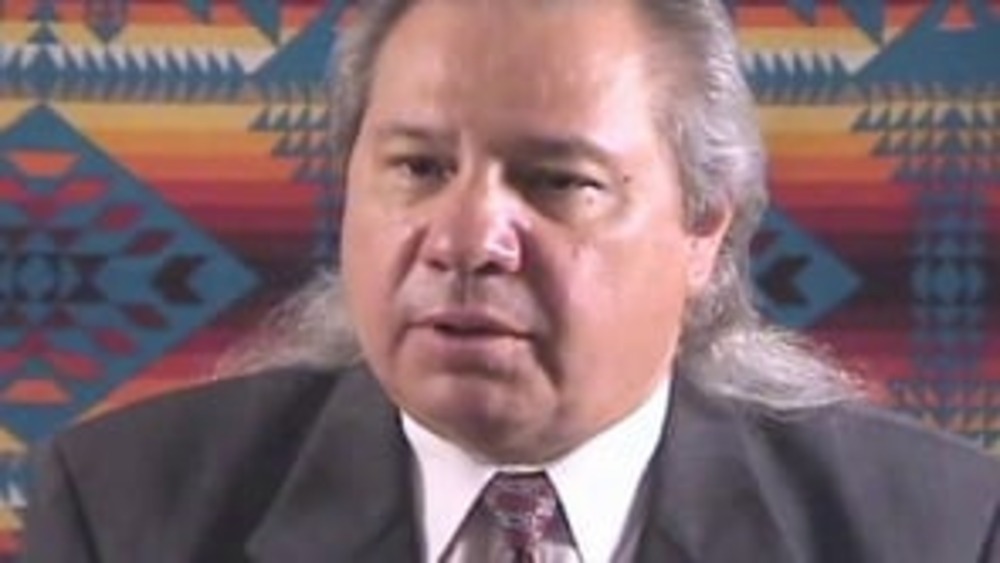
Great Tribal Leaders of Modern Times: John Echohawk
Produced by the Institute for Tribal Government at Portland State University in 2004, the landmark “Great Tribal Leaders of Modern Times” interview series presents the oral histories of contemporary leaders who have played instrumental roles in Native nations' struggles for sovereignty, self-…
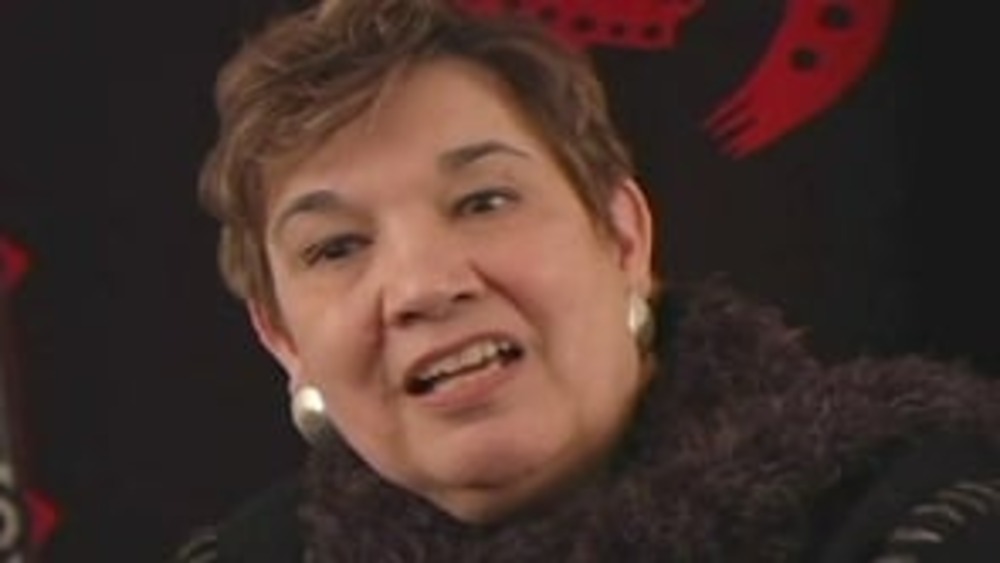
Great Tribal Leaders of Modern Times: Jayne Fawcett
Produced by the Institute for Tribal Government at Portland State University in 2004, the landmark “Great Tribal Leaders of Modern Times” interview series presents the oral histories of contemporary leaders who have played instrumental roles in Native nations' struggles for sovereignty, self-…
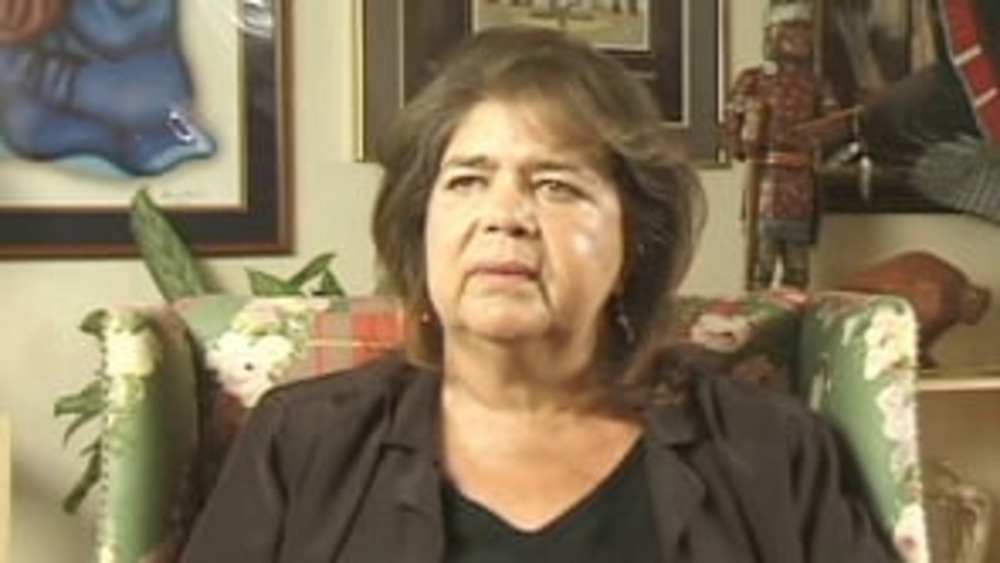
Great Tribal Leaders of Modern Times: Wilma Mankiller
Produced by the Institute for Tribal Government at Portland State University in 2004, the landmark “Great Tribal Leaders of Modern Times” interview series presents the oral histories of contemporary leaders who have played instrumental roles in Native nations' struggles for sovereignty, self-…

Tribes Get $6 Million in Federal Funds for Energy Efficiency Project
Eleven tribal communities are receiving a total of $6 million toward renewable energy projects and technologies, the U.S. Department of Energy (DOE) announced. It is part of President Barack Obama’s ongoing initiative to help tribal nations and Alaska Native villages reduce fossil fuel use, save…
